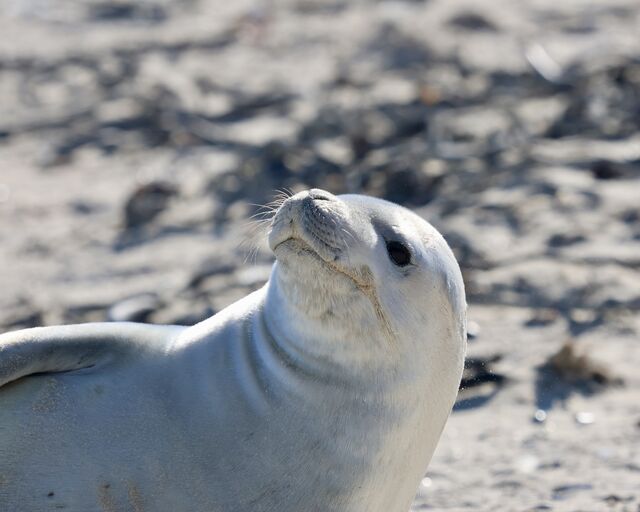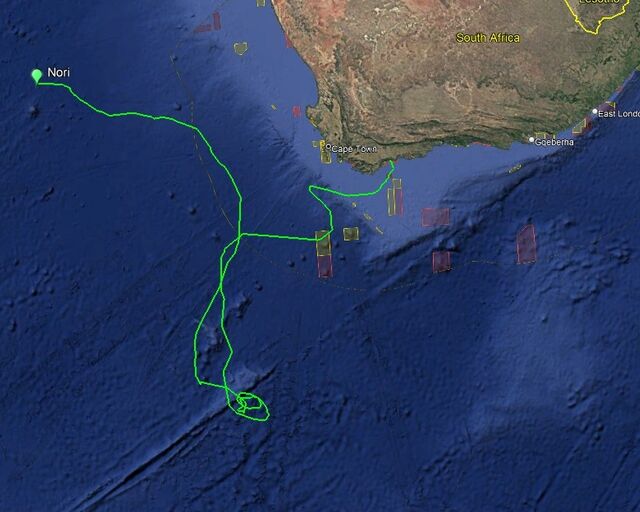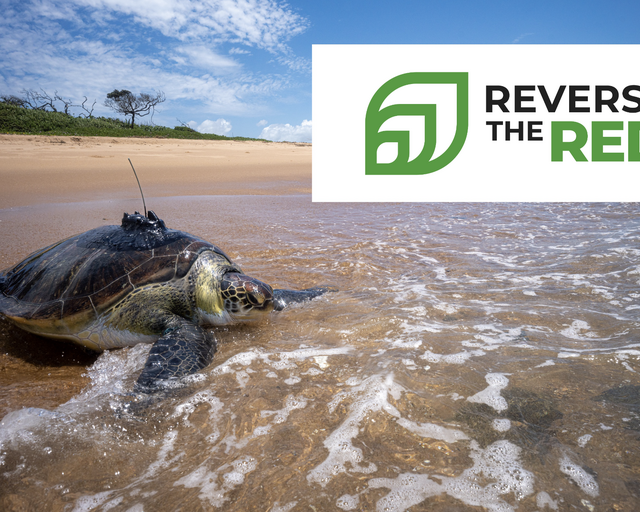Three reasons African penguins face extinction – and three ways you can help.
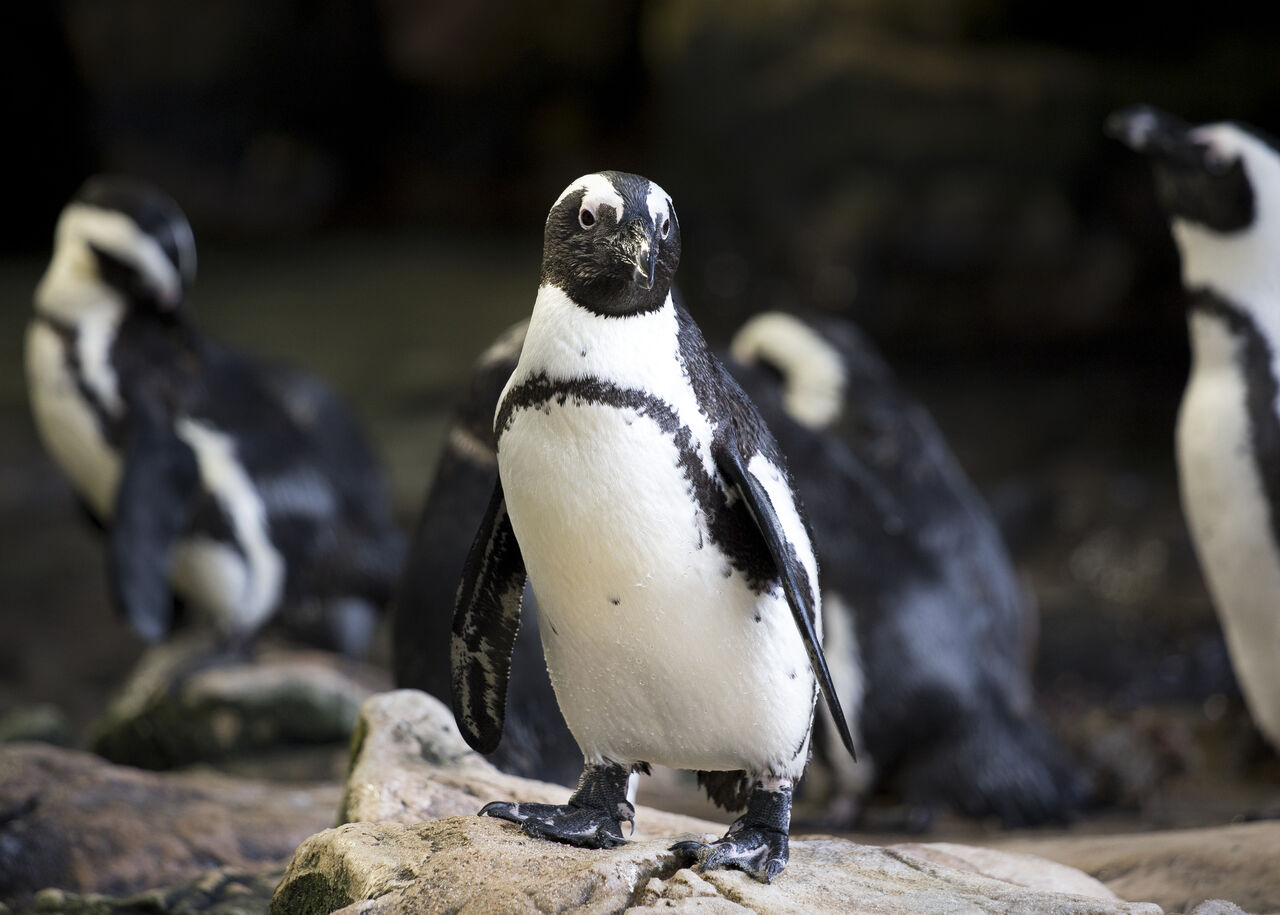
Happy World Penguin Day!
Today, we are celebrating a penguin close to our hearts: the African penguin.
This charismatic seabird is endemic to South Africa and Namibia – an iconic species and a special sighting at Boulder’s Beach and Betty’s Bay. However, their numbers are declining dramatically. Unless we do something about it, the African penguin will be functionally extinct by 2035. This is a startling reflection of human impact on the African penguin and its entire ecosystem.
Courtesy of the #NOOW African penguin campaign, here are three reasons the African penguin faces extinction and three ways YOU can save them.
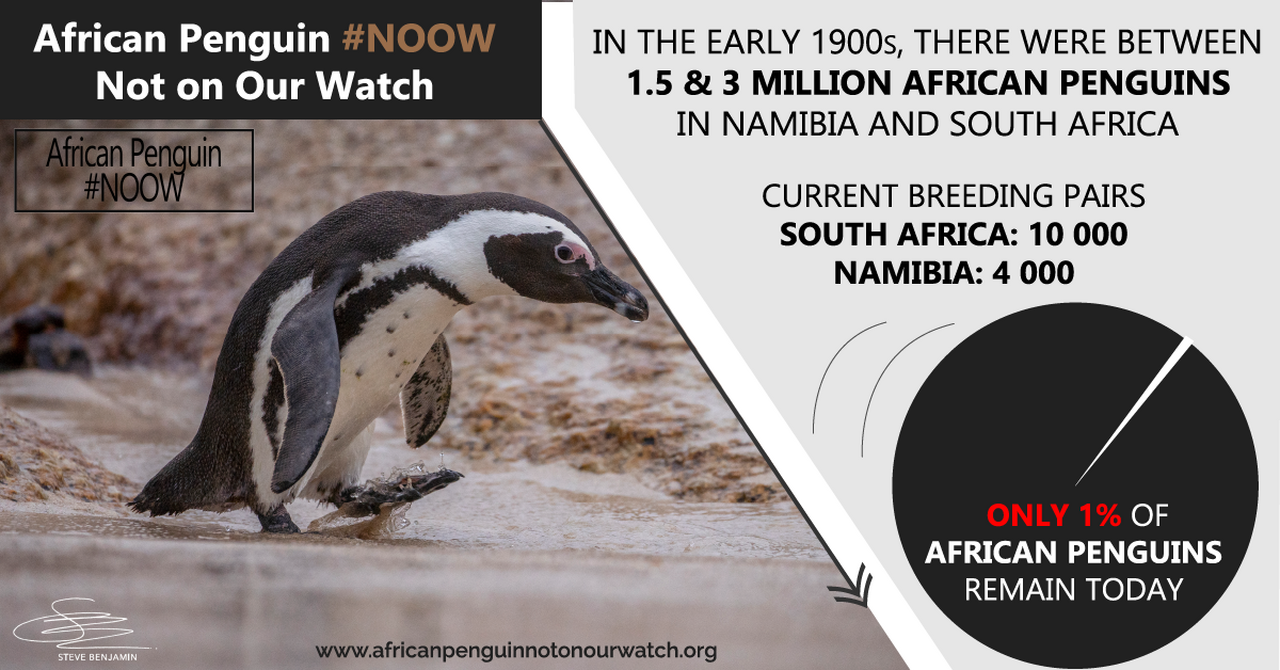
Why are African penguins facing extinction?
1. Reduced availability of fish
One of the biggest threats to African penguins is a food shortage. These birds rely on small, pelagic fish like anchovies and sardines (their prey species) for food. However, overfishing has decimated fish stocks – African penguins are forced to compete with commercial purse-seine fisheries for food, thus struggling to find sufficient food for themselves and their chicks. The island closure experiment, conducted over ten years ago, revealed the value of closing commercial fishing in areas near breeding African penguin colonies. However, despite many years of negotiation, no long-term decisions have been implemented.
2. Oil spills and noise pollution
Many African penguin colonies occur in areas that are near major shipping routes or ports. This poses a growing threat to African penguins with the expansion of harbours and, thus, increased ship traffic. Ship-to-ship bunkering (the transfer of cargo between two ships offshore) is an emerging threat for the African penguin. Since bunkering started in 2016, four oil spills have occurred in Algoa Bay. Oil spills are catastrophic for penguins: covered in oil, their feathers are no longer waterproof. As a result, they cannot swim in the cold water, preventing them from hunting and feeding themselves and their chicks. A large oil spill could destroy the remaining population of African penguins.
Marine noise pollution is an emerging threat to African penguins in some areas, with evidence suggesting the scale of this impact could be significant. The maritime industry, including exploration for oil and gas reserves using seismic surveys, is a further looming threat.
3. Changes in habitat
Guano harvesting is one of the main reasons for the earliest and most drastic decline in African penguin numbers. On the islands where thousands of penguins used to nest, guano layers (formed over hundreds of years) were the island’s substrate. African penguins nest by burrowing into this material. Historically, humans used the guano as fertiliser and completely stripped penguin nesting areas by collecting tonnes of guano from these islands. As a result, African penguins were exposed to extreme weather events and other climate change-related phenomena, like severe heat and cold. This is being addressed through revegetation efforts at some colonies, and the deployment of artificial nests is being tested at several colonies.
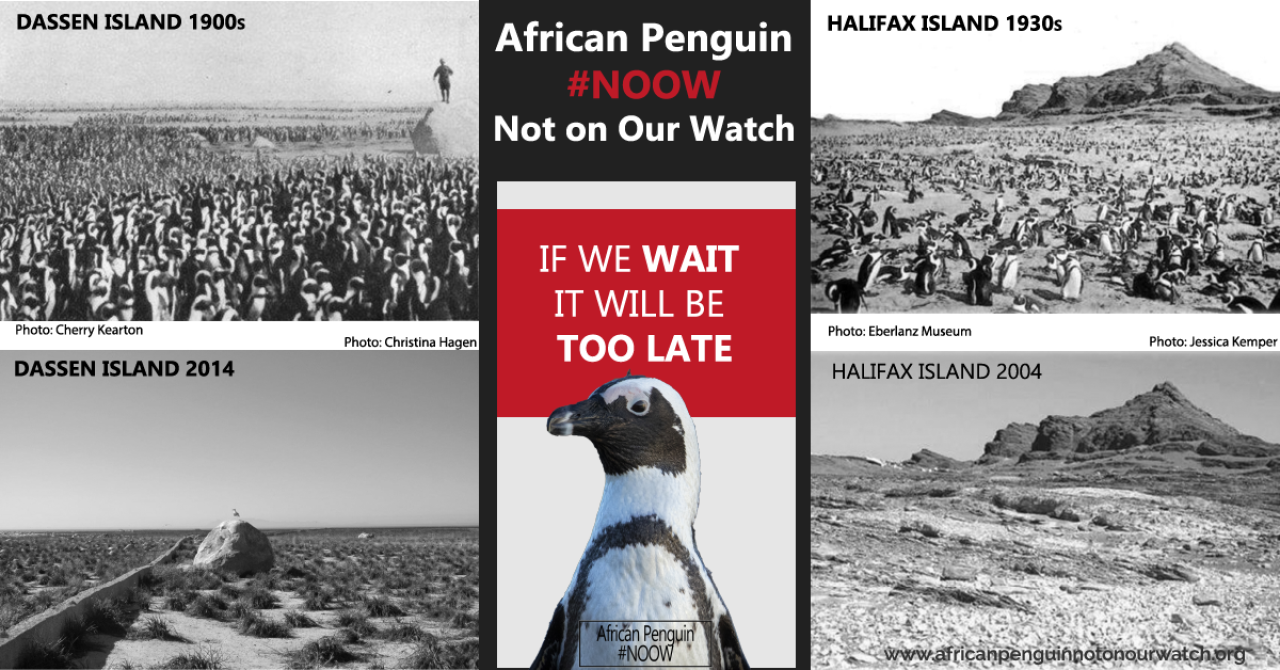
What can I do to help?
1. Email the minister:
Email the South African Minister of Forestry, Fisheries, and Environmental Affairs, Barbara Creecy. Help Minister Creecy to make the right decisions for African penguins. If you follow this link, all you need to do is fill in your details and click send. If you’d like to, why not add why the African penguin matters to you or your community?
2. Share the love:
Help raise awareness by sharing your photos and videos of African penguins. You can do this at the Boulder’s Beach or Betty’s Bay colonies. You can even visit the African penguins at the Two Oceans Aquarium. Remember to use #NOOW when posting your photographs and videos. When visiting the wild colonies of penguins, please respect their space: stay at least three meters away when photographing them.
3. Show your support:
Support the effective management of Marine Protected Areas, especially those that protect penguin nest sites or feeding grounds. Support new protected areas where African penguins can breed and feed. Getting involved in coastal clean-ups is a great place to start, too. Litter in our oceans threatens all marine life, including African penguins. If you don’t live on the coast, arrange a waterway clean-up in your area.
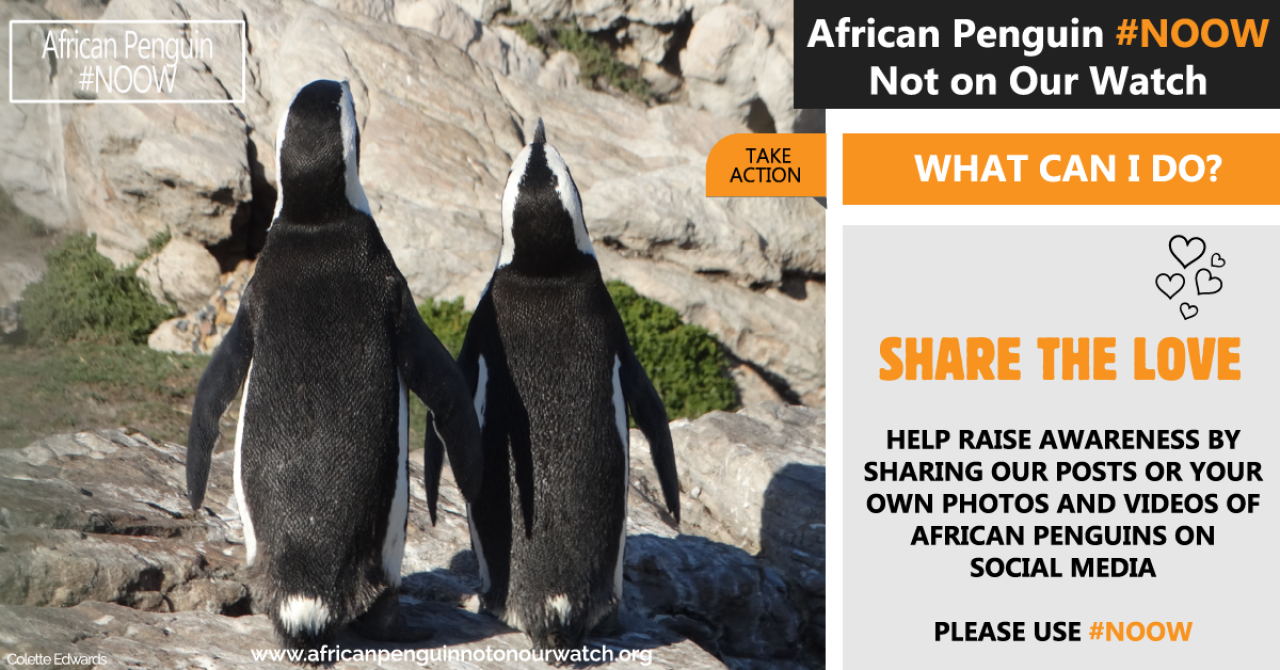
The African penguin needs our help. Through small actions, you can make a huge difference in the future of these incredible seabirds. Let’s make this World Penguin Day an impactful one.
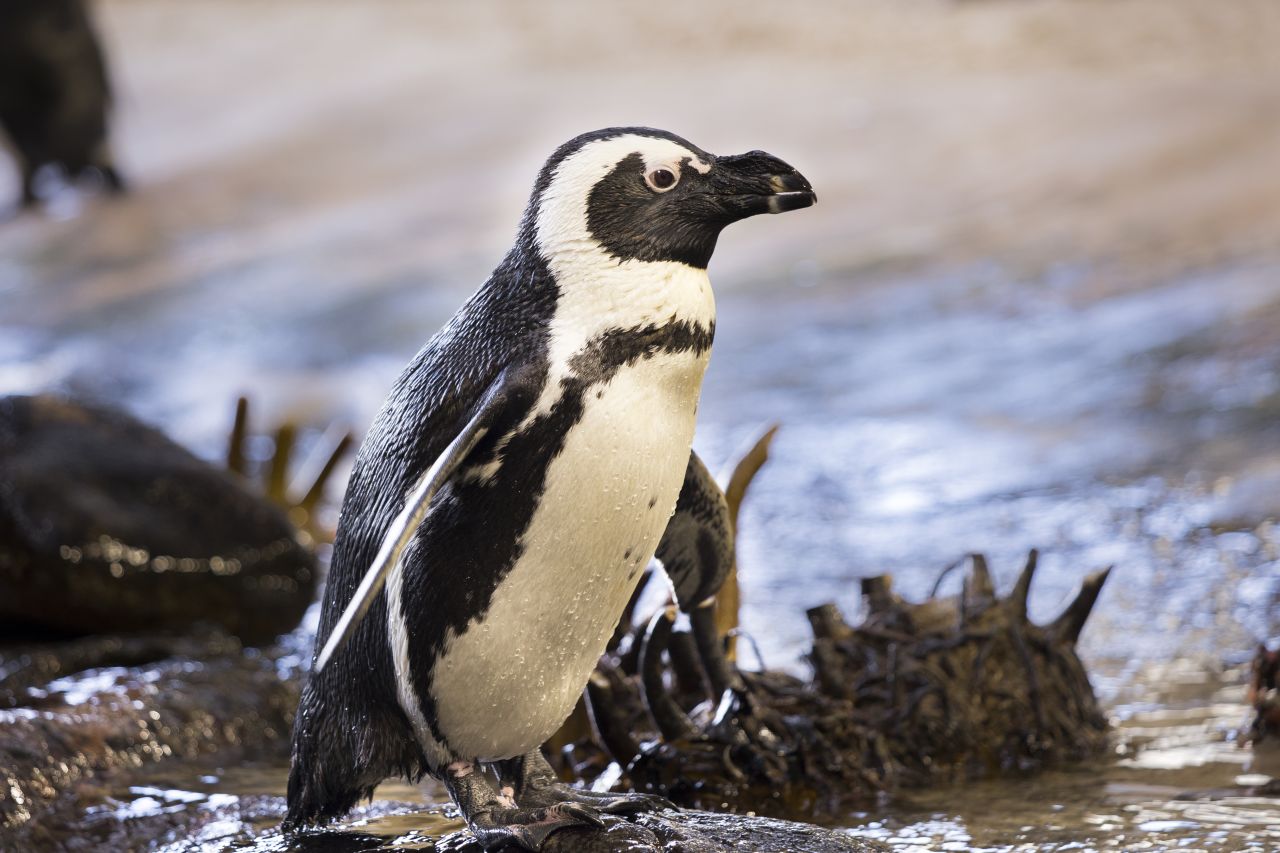
In case you needed any more convincing, check out these infographics about the importance of the African penguin.
Why are African penguins important?
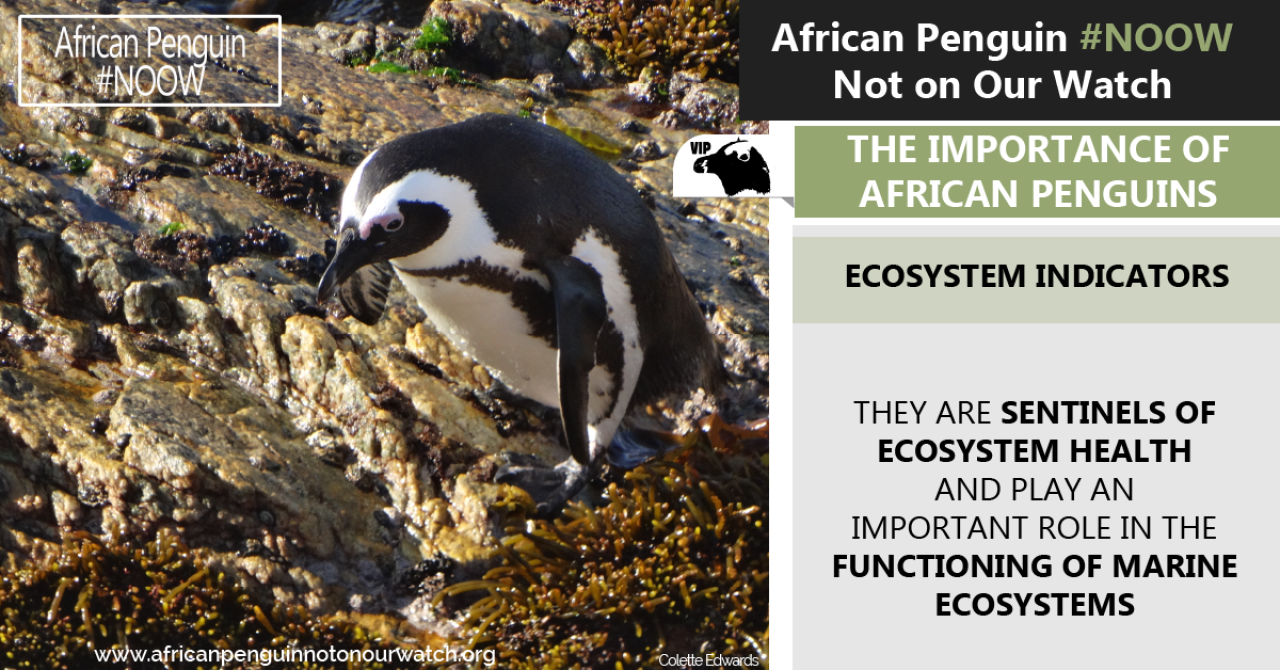
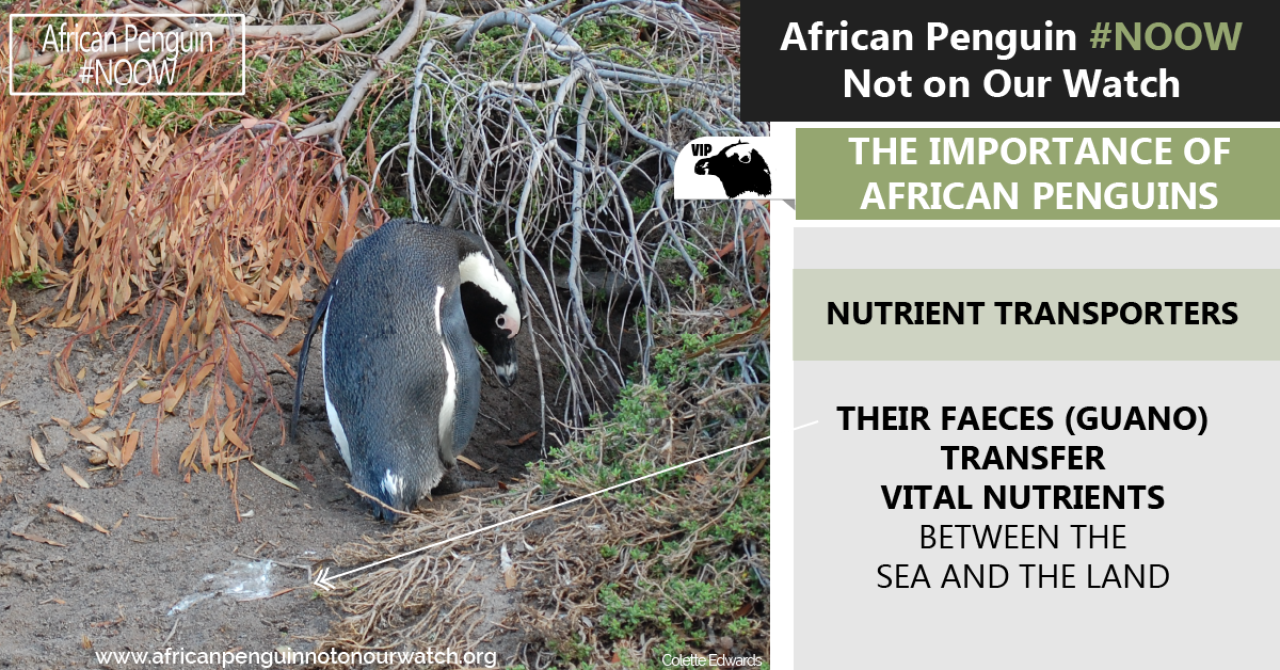
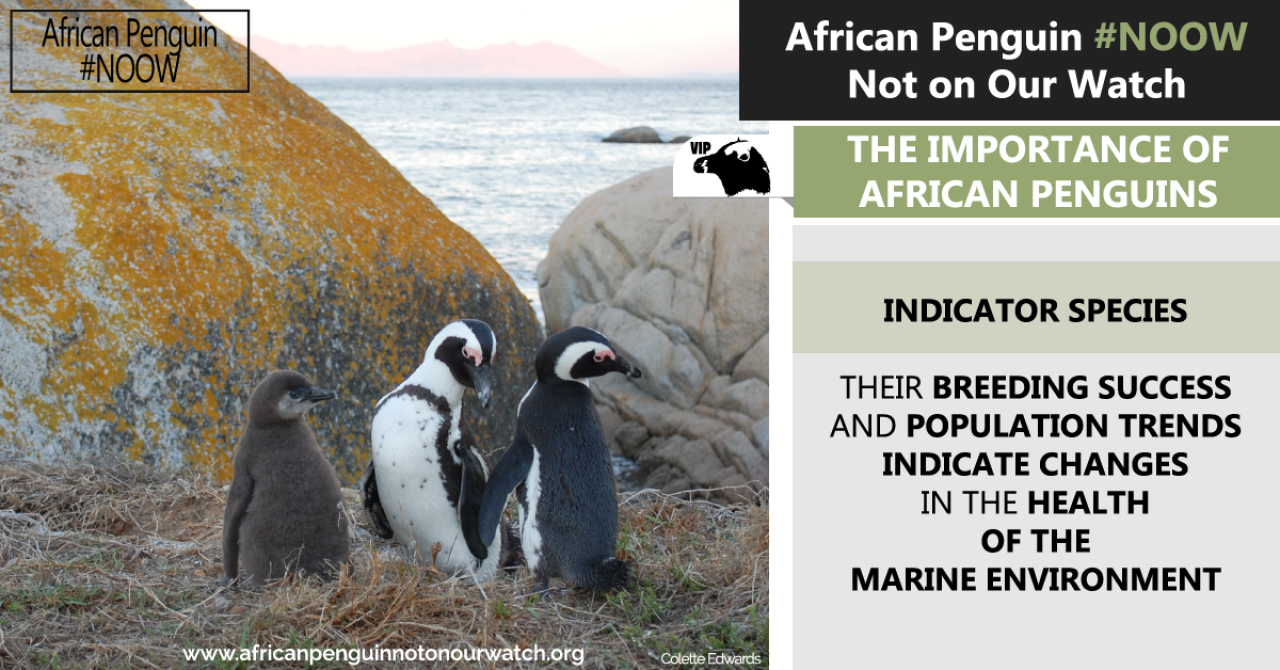
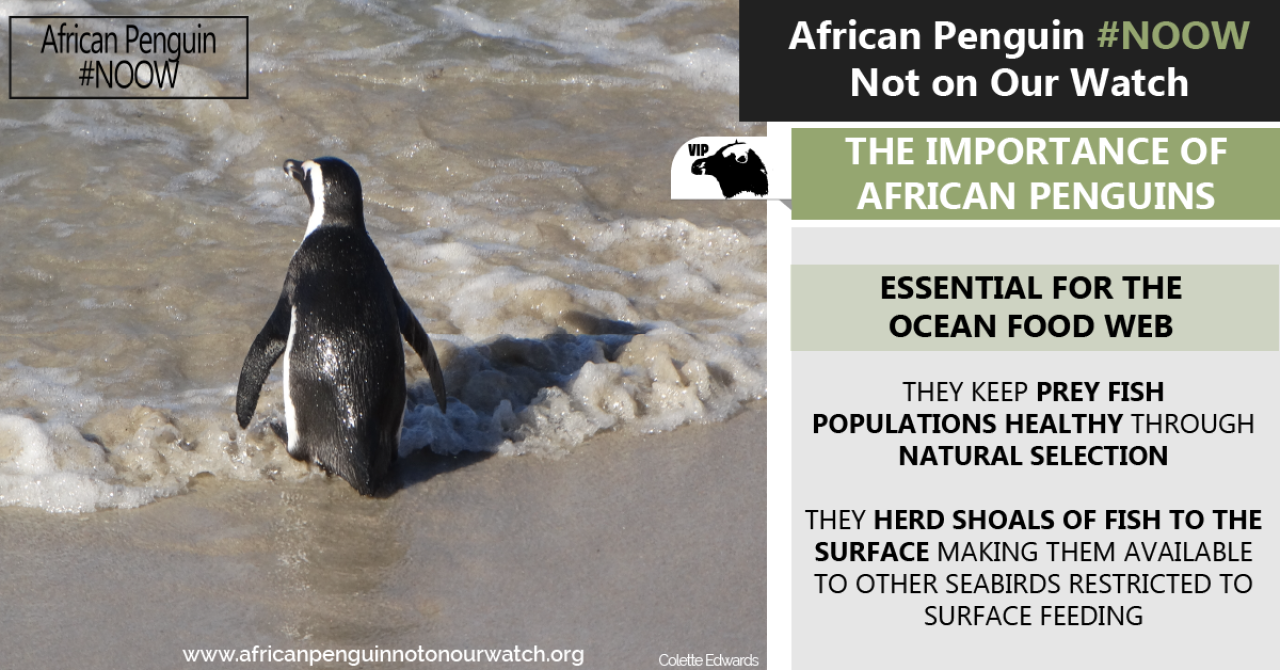
Related News
Sign up to our Newsletter
Receive monthly news, online courses and conservation programmes.
